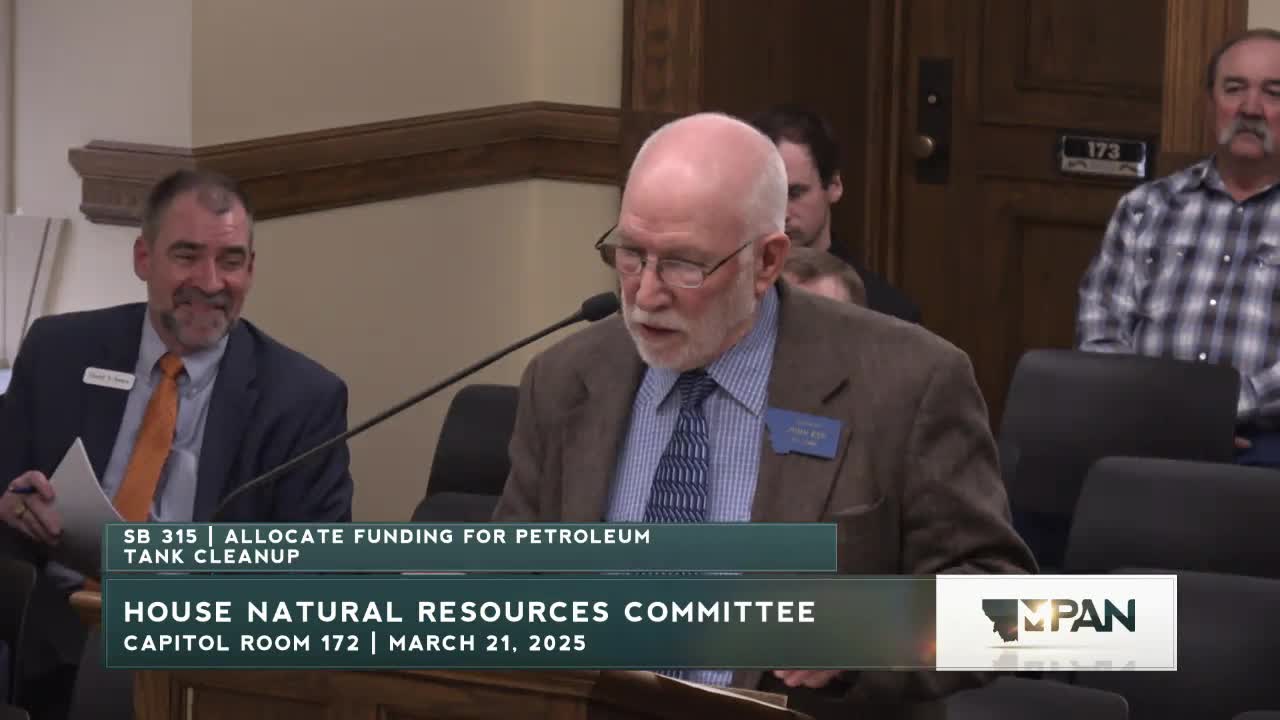Article not found
This article is no longer available. But don't worry—we've gathered other articles that discuss the same topic.
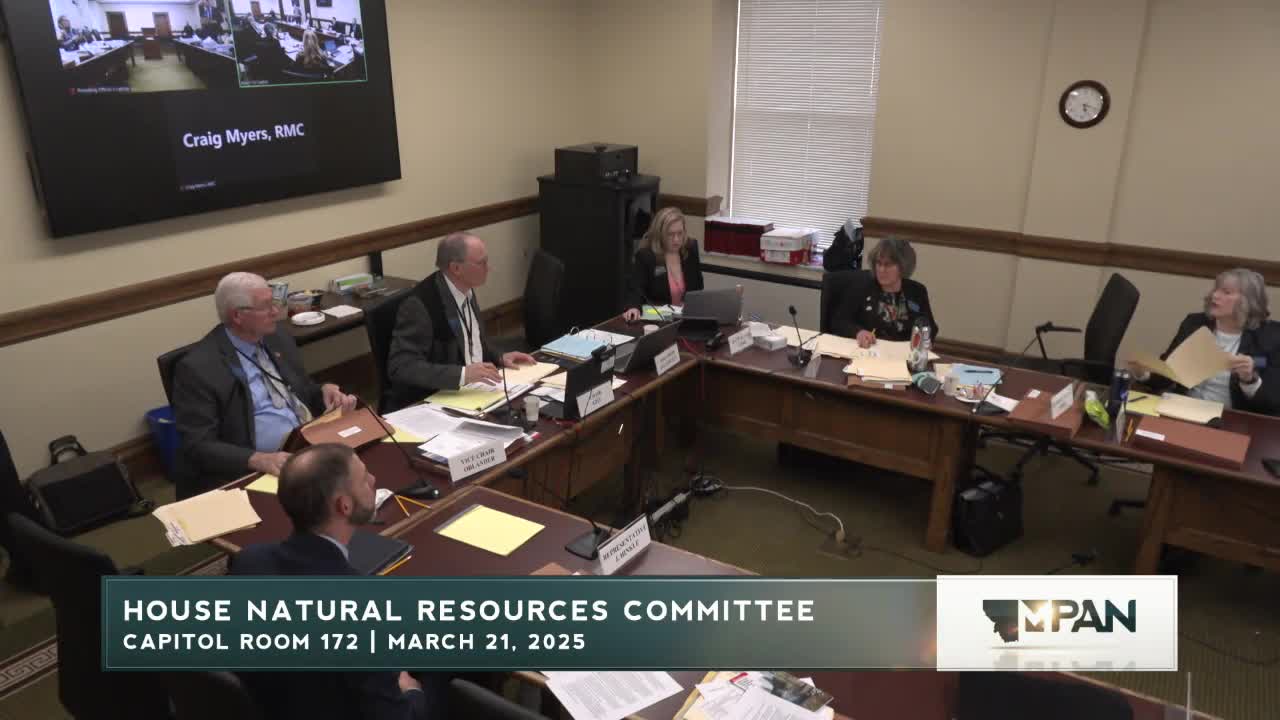
Committee agrees to concept amendment trimming Brownfields funding request; moves bill forward
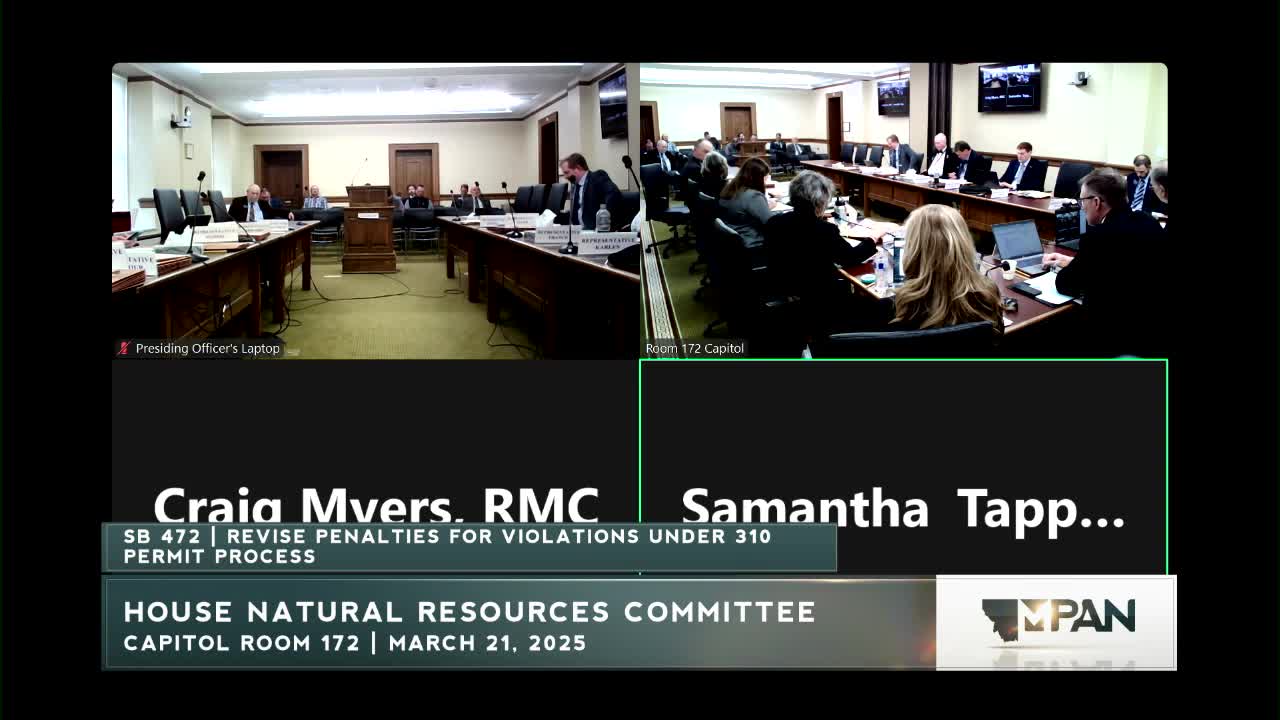
Committee extends time for municipalities and conservation districts to perfect water reservations
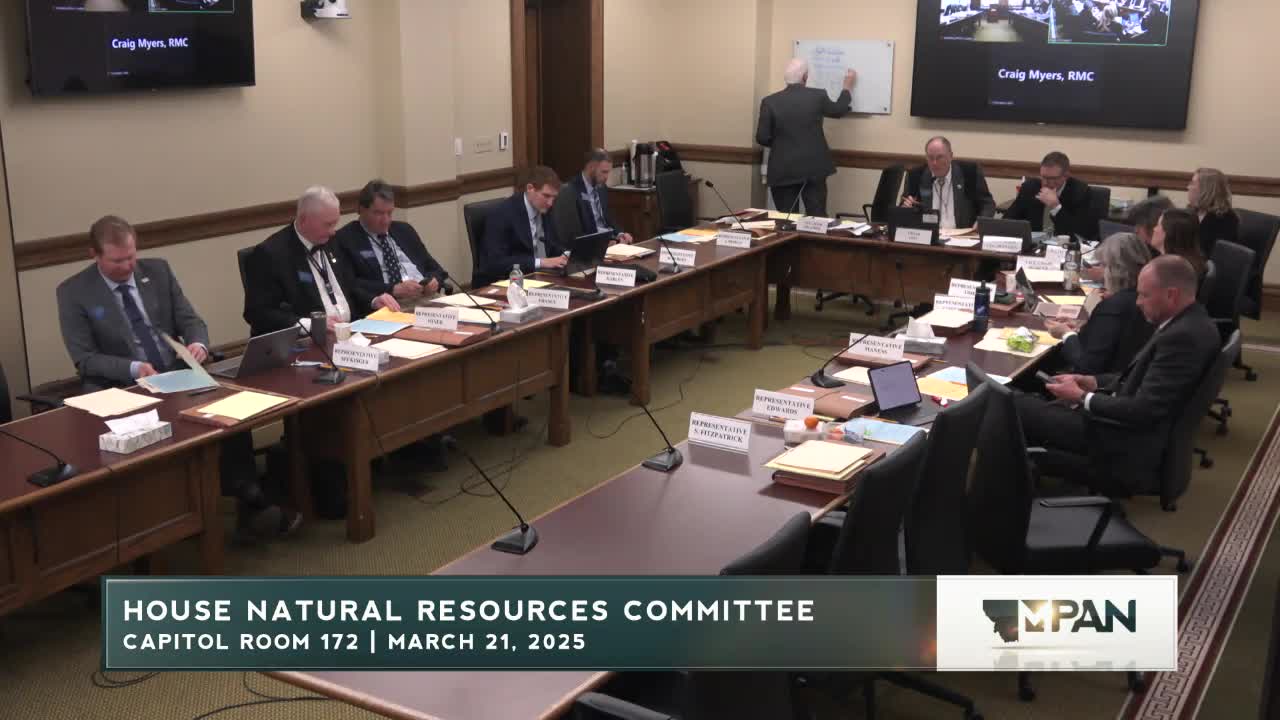
Lawmakers debate fixing 'gray area' between streamside management and 3‑10 permits
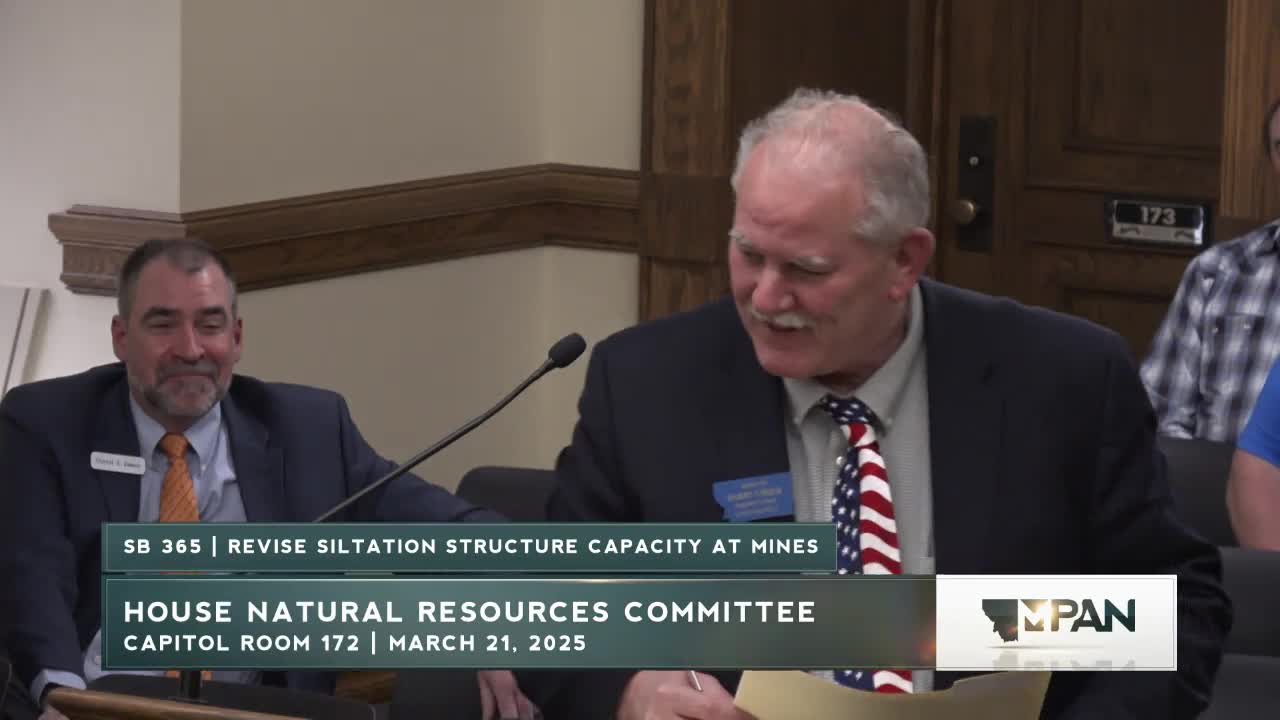
Bill would let DEQ issue warnings for minor mine maintenance issues before fines
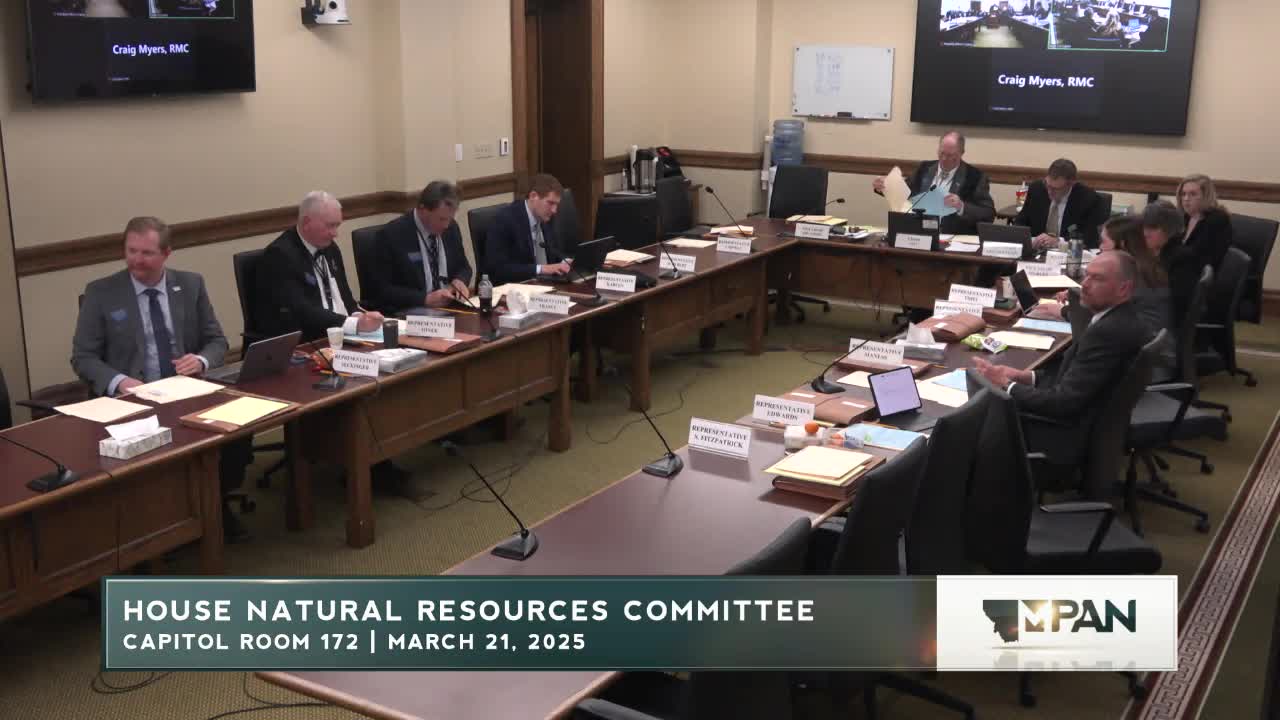
Bill would clarify compliance for mines after storms that exceed detention pond capacity
